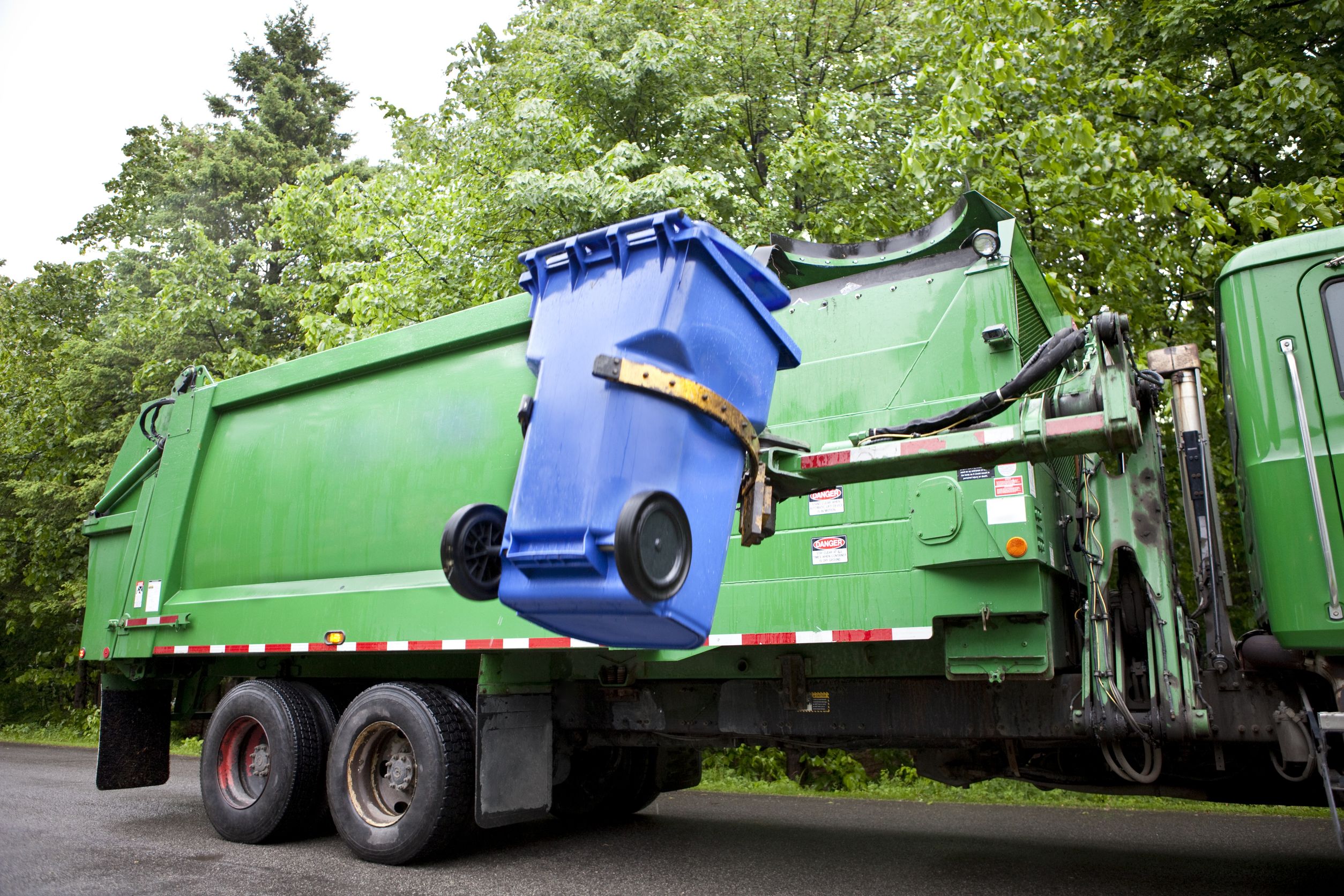With over seven million people in just over 1,000 square miles, the population of Long Island is crammed and probably a little irked from the many laws and regulatory bodies. The situation is made worse by the fact that there are 15 separate cities and towns on Long Island that have their own requirements and needs for recycling. With that in mind, it may be more advisable to do it great or not do it at all. Do not meet in the middle when it comes to Recycling in Long Island NY.
The various laws and town restrictions can make it hard to keep up. Thankfully, V. Garofalo Carting Inc. is the all-purpose Recycling in Long Island NY, a source that handles all recycling needs without concerning a client over recycling restrictions, fines, and environmentally-conscious guilt. They follow all guidelines instated. When it comes to plastic, metal or glass, and paper, there are some logical and consistent Long Island rules.
Plastic Rules
Plastic comes in about seven different grades, which refers to the plastic’s density (numbers range from one to seven). The city usually dictates that only number one and number two plastic are accepted. Some districts, such as Long Beach, will include one and five. Only three cities openly accept almost all kinds of plastics.
Metal and Glass
Metal and glass are universally accepted. It may be possible to receive small fines for throwing away metal and glass, but that is a county and local effort. The county may instate tougher restrictions on commercial properties because of the amount of waste they create and the responsibility to the community.
The Basics of Paper
The paper is the most confusing. Most towns in Long Island will accept glossy paper, and all of them will accept newspaper. One rule is to have the paper in a separate bin than the metal and glass (as well as the plastic). That means that commercial customers will receive two or three separate bins at a minimum.
Business owners can dispose of their waste without guilt and without the frustrating oversight it takes to manage all the various recycling needs and town discrepancies. They cater their efforts for the business and the specific district so business owners can write all recycling needs off and go about their business.


